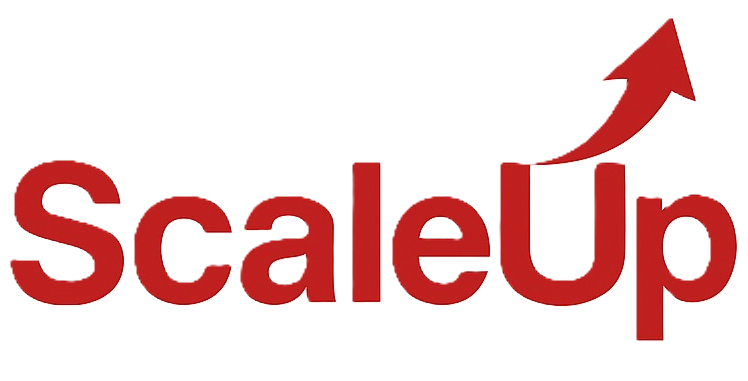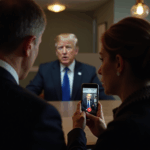Why Your Social Media Could Be a Hacker’s Playground (And How to Stay Safe)
Introduction
We all enjoy scrolling through Instagram, tweeting our thoughts, and connecting with friends on Facebook or LinkedIn. But beneath the surface of likes, comments, and selfies, there’s a serious risk many of us overlook: social media is a goldmine for hackers.
From stealing your identity to tricking your friends with fake messages, cybercriminals are using social platforms to run smarter scams—and no one is immune.
Let’s take a look at how social media can be a security risk, the tricks hackers use, and simple steps you can take to protect yourself online.
How Hackers Use Social Media Against You
- They gather personal info: Your birthday, pet’s name, where you went to school—hackers can use all this info to guess your passwords or answer security questions.
- They send fake links (phishing): You might get a message from a friend asking, “Is this you in this video?” but if you click, it could be malware.
- They create fake profiles: Hackers impersonate people you know to trick your friends or coworkers into sending money or sensitive information.
- They hack weak accounts: If you reuse passwords or skip two-factor authentication, it makes it much easier for hackers to break into your accounts.
Real-Life Example
In 2023, several celebrities and influencers had their Instagram accounts hacked. The hackers sent fake brand collaboration links. When the links were clicked, they hijacked the accounts and demanded money to return access. This not only hurt their reputations but also affected their income.
Red Flags to Watch For
- Random direct messages with links, even if they come from people you know
- Messages that say “You won a prize!” or “Check this out!”
- Sudden password change requests that you didn’t make
- Posts on your account that you didn’t write
How to Protect Yourself on Social Media
- Use strong, unique passwords for each platform.
- Turn on two-factor authentication (2FA) – It’s one of the best ways to keep your account safe.
- Keep your profiles clean – Avoid sharing sensitive info like your full birthdate or home address.
- Don’t click on suspicious links, even if they’re from someone you trust.
- Be cautious of too-good-to-be-true offers or messages asking for money.
Bonus Tip:
Regularly check your privacy settings to control who can see your posts and personal information.
What If You’ve Been Hacked?
- Change your passwords right away.
- Log out of all devices and enable 2FA.
- Report the hack to the social media platform.
- Let your friends and followers know in case they get fake messages.
- If necessary, report the hack to cybercrime authorities.
Conclusion
Social media is meant to be fun and safe, but it’s also a playground for hackers. The good news is that with just a few smart habits, you can keep your accounts secure and stay in control of your online life.
It only takes one wrong click to lose control—so stay alert, keep your information private, and stay protected.







